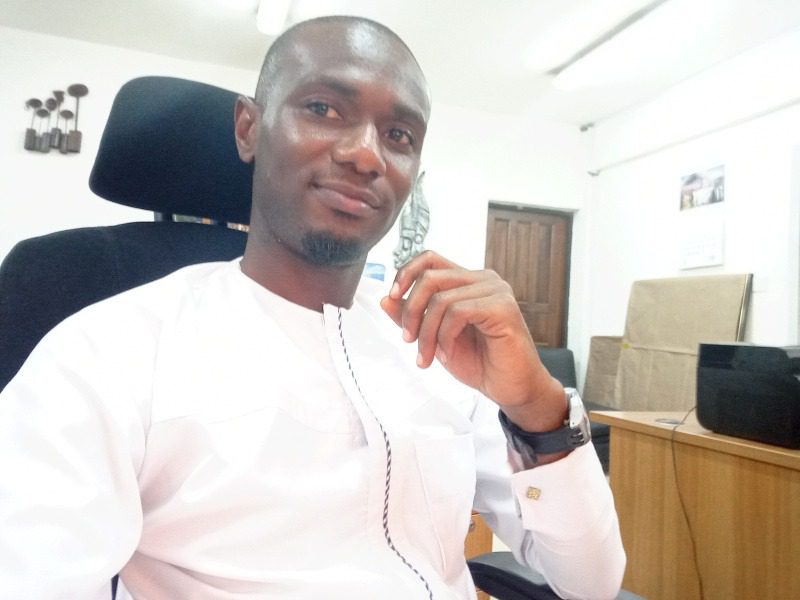Democracy & Governance
Factors Militating against Representative Democracy in Nigeria and the Way Forward -By Aniekpeno John Inyang
Adequate sensitization programs to educate people on the negative effects of electoral malpractice will go a long way curbing menace. Strong punitive measures should also be meted out to proponents of electoral malpractice.

Giving a concise and generally accepted definition of democracy has been a bone of contention for many scholars in Political science. It seems increasingly difficult and quite herculean to appropriately define democracy. According to the Oxford concise dictionary, democracy is defined as a political system that allows the citizens to participate in political decision‐making, or to elect representatives to government bodies.
Democracy returned to Nigeria in 1999 after over 15 years of Military rule, at best, the country can be described as a growing democracy with many challenges as well as prospects. Amongst the types of democracy in the world, Nigeria adopted the one that seemingly suits her multi-ethnic and populous nature which is the Representative Democracy otherwise known as Indirect Democracy.
Representative democracy is that type of democracy whereby the Citizens of a Country are allowed to elect those to represent them in making decisions as the government.
The following are some of the features of Representative Democracy in Nigeria:
- Periodic Elections: This is the time to time conduct of elections in the Country. Periodic elections help in facilitating the smooth change of government in the society.
- Access to Fundamental Human Rights: There is emphasis on all citizens having equal access to fundamental human rights without any form of harassment.
- Independent Electoral Body: An electoral body is the government institution responsible for the conduct of elections in the country. It is important that this electoral body be independent that is to say free from political control in order to conduct free and Fair elections.
- Partisan Politics: Political participation are helped by the existence of political parties. These political parties serve as the platform for individuals to take part in elections which happens to be a critical component of democracy.
- Independent Judiciary: The Judiciary is that arm of government responsible for the interpretation of law in the society. The Judiciary must be free from unnecessary government control or individual influence.
Nigeria uses Representative Democracy for a variety of reasons which include:
- The large size of Nigeria’s population.
- The Complex nature of governance in Nigeria.
- The need to encourage political participation.
- The large geographical size of Nigeria.
- Need to safeguard the rights of the Citizens.
- Need to protect the interest of Minority groups.
There are many factors that limit the effective practice of democractic systems in the world, in the case of Nigeria, the following are some of these critical factors that need to be addressed:
- Electoral Malpractice: This is a situation of improper conduct of elections in the country. Electoral Malpractice covers all areas of rigging, vote buying, violence, and illegal voting during elections.
- way forward: Adequate sensitization programs to educate people on the negative effects of electoral malpractice will go a long way curbing menace. Strong punitive measures should also be meted out to proponents of electoral malpractice.
- Lack of proper political education: Political education is the sensitization of people on political issues in order to enable them form an integral part of the political system. The lack of education on political issues will translate to political apathy and limited participation in politics which undermines democracy.
- way forward: The government needs to give more room for constant discussions on political issues which will help to keep the public informed on what is going on around them. The information will guide the people in responding appropriately to societal issues.
- High cost of governance: Democracy is very expensive to manage especially in the aspect of conducting periodic elections. Elections require alot of funds to go into the purchase of voting materials and acquisition of labour.
- way forward: More avenues for raising money for electoral processes need to be provided. A special purse may be created to cater for the needs of conducting free and fair elections.
- Bribery and Corruption: when people seek illicit means to secure political power, they expose the system to all manner of corrupt Tendencies. Vote buying for instance has become more prevalent in Nigeria and no doubt is a smear on free and Fair election.
- way forward: Legislation that condemn corrupt practices is critical and anyone who contravenes it must be severely punished. People must be held accountable for their actions.
- Military Intervention in Politics: This is a process whereby members of the military Forcefully take over power. This is usually an illegality and frowned upon by the Government in many societies. When the military take over power, they start off by suspending democratic institutions and processes.
- way forward: Good governance is instrumental in preventing military intervention in politics. The military must be kept far away from civilian life. Their roles should be designed in ways that does not attract them to government.










